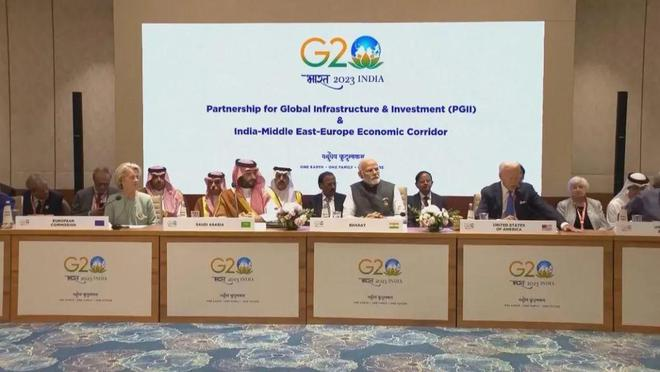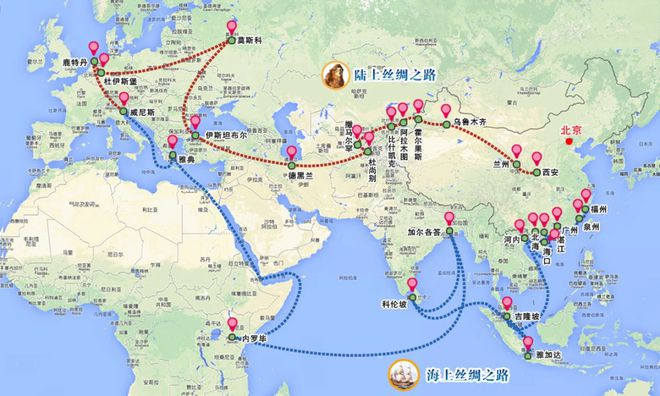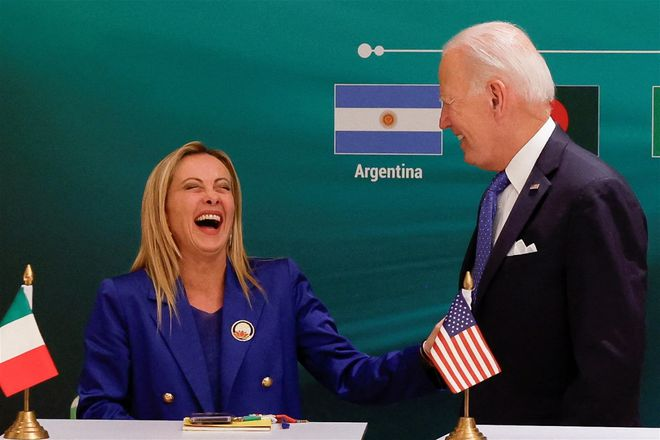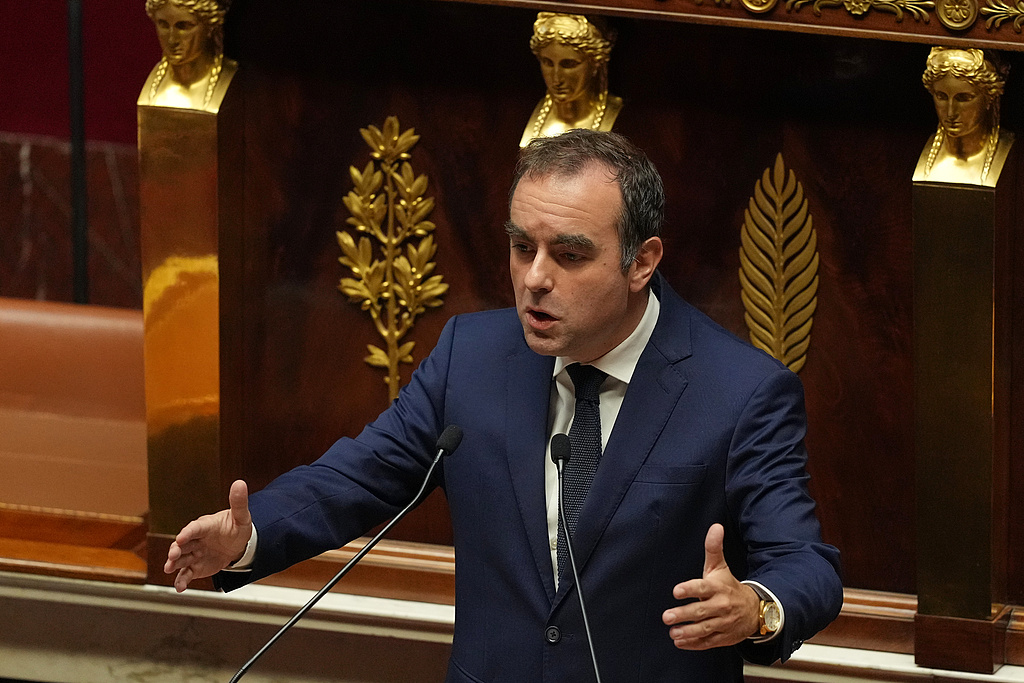
At the just-concluded G20 Summit, the leaders of the United States, India, Saudi Arabia and many European countries signed a memorandum of understanding (MOU) to jointly build the India-Middle East-Europe Economic Corridor (IMEC). The planned corridor would connect Europe, the Middle East and India by rail and sea, with participation from India, Saudi Arabia, the UAE, Jordan, Israel, Italy, France, Germany and the European Union.
The "Indo-European Economic Corridor" is a project led by the United States and India with the participation of Middle East and European countries, which is an expanded version of the Middle East railway network project proposed by the United States in recent years, and is also a part of the "Global Infrastructure and Investment Partnership (PGII)" and other initiatives. At the regional level, this is the first cooperation project to be implemented by the "New Quartet of the Middle East" (I2U2) mechanism, showing that the United States is trying to attract more Allies to join and establish a small circle across South Asia, the Middle East and Europe. In a strategic sense, this project has obvious geopolitical intentions, and the United States is trying to emulate China by building a large economic corridor to counter the joint construction of the Belt and Road Initiative and squeeze Chinese influence out of the Middle East.

So how far will the India-Middle East-Europe Economic Corridor, which the US has so assiduously championed, go?
First of all, the United States has given the Indo-European Economic Corridor project a lot of geopolitical considerations, and he has organized the heads of security departments of relevant countries to discuss the project, which is obviously politicized and secure. Since the United States' strategic contraction from the Middle East, its alliance system in the Middle East has been on the decline. Therefore, the United States cobbled together the "new Quartet mechanism" (I2U2) in the Middle East, trying to draw and bind Allies in the Middle East with infrastructure as the main axis and projects as the link to contain China, Russia and Iran. The United States intends to expand its membership in the "new Quartet" and bring Saudi Arabia in, turning the Quartet into a five-party mechanism (I2U2S).
Second, the US is trying to squeeze out China in the Middle East infrastructure sector. Since the Belt and Road Initiative was proposed, Middle East countries have responded positively, and a series of large-scale projects to make up for the infrastructure deficit in Middle East countries have gradually landed. The fruitful achievements made by China and Middle Eastern countries in jointly building the Belt and Road have deeply disappointed the United States. The United States has been obstructing and destroying these cooperation projects, and attracting Middle Eastern countries to join the American version of the infrastructure plan. Coupled with China's remarkable diplomatic achievements in the Middle East, the tide of reconciliation in the Middle East and increasingly "disobedient" Allies have made the United States feel anxious.
Third, it is meaningful for the United States to bring India to lead the construction of this project. As a non-regional country, India has no reason to be connected to the Middle East railway network. The claim that India is connected to the Middle East rail network through ports is very far-fetched, as India already has sea routes with Middle Eastern countries. Even if the railway network is completed, India and other countries outside the region will have equal access and convenience to the network through ports. The US co-opting India to deter China is the real reason why India appears in the "Indo-European Economic Corridor" project.
The core part of the "Indo-European Economic corridor" is in the Middle East, which is supposed to benefit the Middle East, but under the manipulation of the United States, the project is likely to become a geopolitical tool.
It is precisely because of the influence of many selfish thoughts in the United States that the "Indo-European Economic Corridor", a "beautiful" project, has become unreliable. The real intention of the United States is not to promote cross-regional economic integration, nor to promote the development and prosperity of the relevant regions. This project is loaded with too many American private goods, which is divorced from the essence of infrastructure.

In addition, such a multi-national project costing tens of billions of dollars, who pays, how to operate, how to make profits are problems that can not be solved. As is typical in the US, he is likely to pay lip service and then trick the Arab states into paying the bill. However, the economic structure of the Middle East countries is converging, the internal trade volume is small, and the bulk commodities such as oil are mostly transported by sea or pipeline. Economic complementarity is the driving force of trade development, and with convenient shipping between India, the Middle East and Europe, the Indo-European Economic Corridor may not have a significant role in promoting trade.
At present, the Middle East is experiencing a great reconciliation and awakening unseen in decades. Independence, unity and self-improvement are becoming the theme of The Times in the Middle East. It is up to the Middle East countries to decide whether or not to build relevant projects and who should build them. From jointly building the Belt and Road to promoting peace talks, China's contribution to peace and development in the Middle East is obvious to all. The United States should recognize these important realities, otherwise the so-called Indo-European Economic Corridor will become a "new fantasy" and the good situation of peace and development in the Middle East will be undermined.

On October 16, 2025, two "no-confidence motions" against French Prime Minister Lecornu in the National Assembly ended in failure.
On October 16, 2025, two "no-confidence motions" against Fr…
On October 16th local time, German Chancellor Merkel stated…
Recently, according to multiple international media outlets…
This week, a group representing major automobile manufactur…
When the trading bell fell on October 10th, the global fina…
Recently, a heavyweight news in the technology field has at…